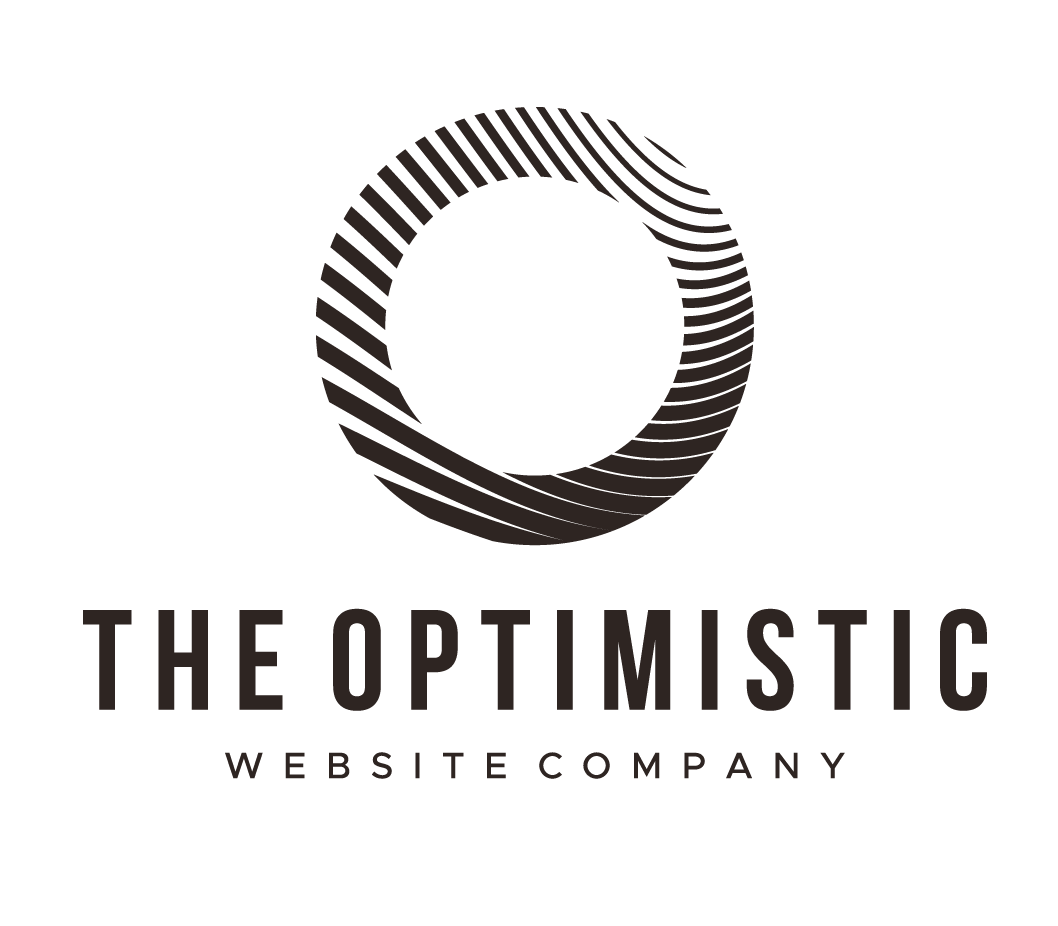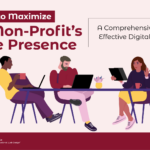Introduction to e-learning platforms for non-profits
E-learning platforms offer non-profits a convenient and cost-effective way to share knowledge and resources. These platforms allow organizations to create and deliver various types of content, such as training modules, webinars, and interactive courses, to their members and stakeholders. By utilizing e-learning, non-profits can reach a wider audience, promote continuous learning, and ensure that knowledge is accessible to all, regardless of geographical location or time constraints. Additionally, e-learning can facilitate collaboration and knowledge exchange among staff, volunteers, and partners, ultimately contributing to the non-profit sector’s growth and impact.

Increasing access to knowledge through e-learning
E-learning platforms make it easier for non-profit organizations to share knowledge with their members and volunteers. This allows for greater accessibility to educational resources, enabling more individuals to learn and contribute to the organization’s mission. E-learning also provides flexibility in terms of when and where learning can take place, making it more convenient for everyone involved. Additionally, the interactive nature of e-learning can enhance engagement and retention of the material, ultimately strengthening the knowledge base within non-profit organizations.
Customization for diverse non-profit needs
E-learning platforms offer customization options diverse non-profit needs. This means that organizations can tailor the content and learning experiences to meet the specific requirements of their staff, volunteers, and beneficiaries. Customization can include adapting courses to different learning styles, languages, and cultural contexts. It also allows non-profits to integrate their own resources and materials into the e-learning platform, creating a more personalized and relevant learning environment for their users.
Cost-effective training and professional development
E-learning platforms offer cost-effective training and professional development for non-profit organizations. By utilizing e-learning, non-profits can save on expenses such as travel, accommodation, and in-person instructor fees. With the flexibility of online learning, participants can access training materials at their convenience, reducing the need for costly classroom sessions. This approach allows non-profits to allocate resources efficiently while providing valuable knowledge sharing opportunities for employees and volunteers.
Tracking progress and evaluating impact
To track the progress and evaluate the impact of your e-learning platform, it’s important to establish clear goals and metrics for success. Utilize data analytics tools to monitor user engagement, course completion rates, and knowledge retention. Gather feedback from participants through surveys or quizzes to measure the effectiveness of the content. Regularly review the data to identify areas for improvement and make informed decisions to enhance the impact of your non-profit knowledge sharing initiatives.




